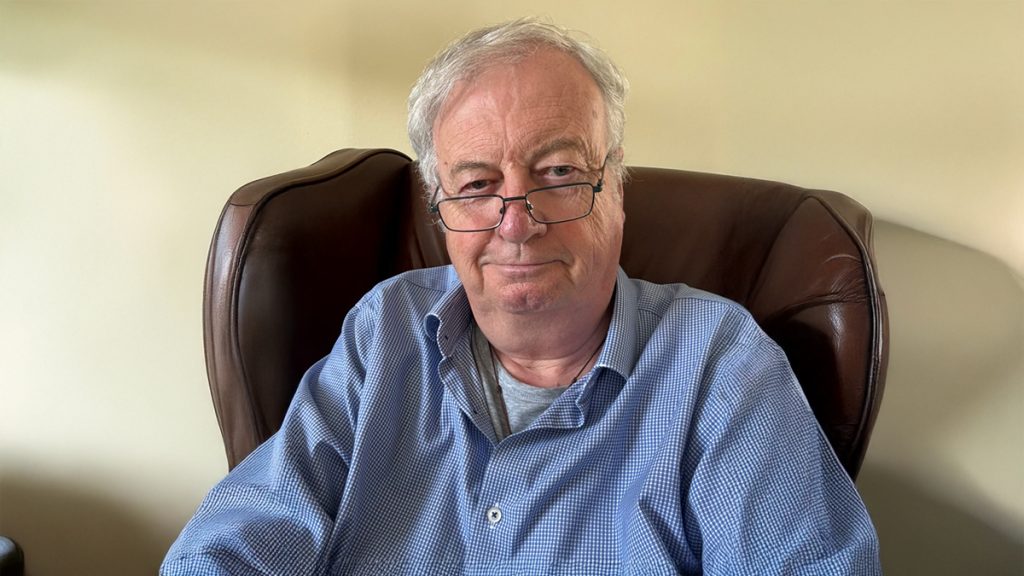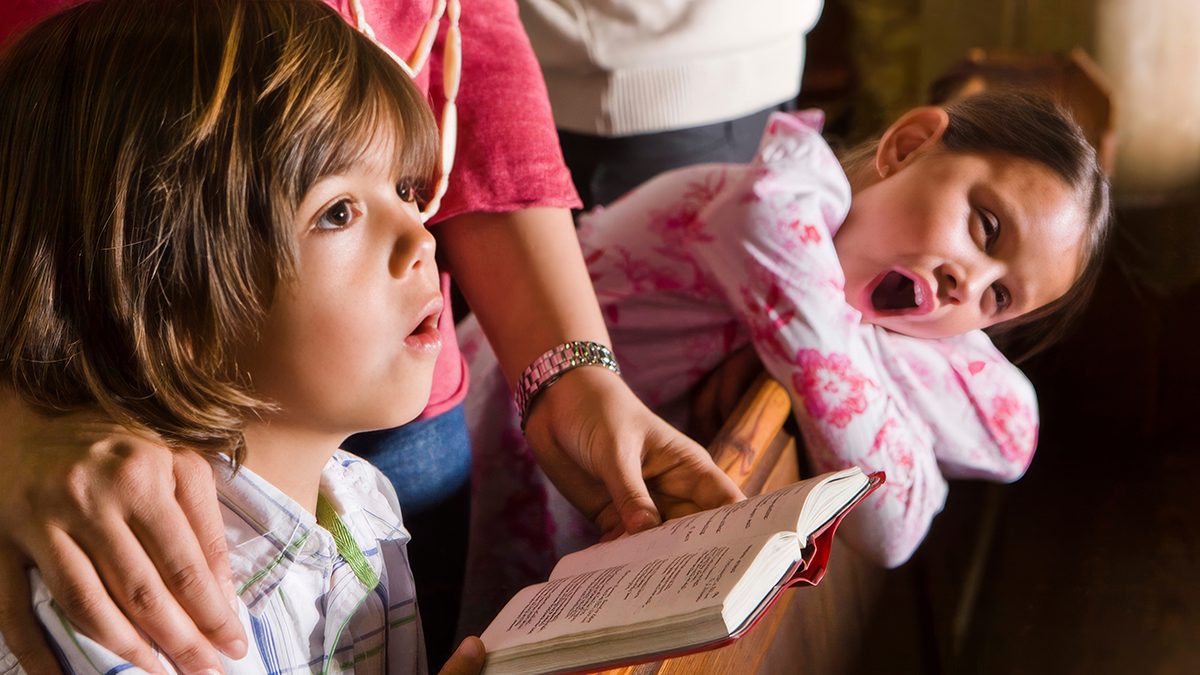I recently completed a run of 10 weekend Masses (over 4 weeks) at each of which some children made their First Holy Communion: 58 in total.
I arrange things in this way because of an horrendous experience in a previous parish with the “traditional” Saturday Morning First Communion Mass with 30 children.
It was the most sacrilegious event I have ever had the misfortune over which to preside.
“Crowd control” was impossible, given the overwhelming number of family and friends who did not know how to conduct themselves in church during Mass.
Trying to get a moment of silence before Mass began was impossible.
Conversations – mainly but not always muted – continued throughout Mass.
Even worse happened as the children were making their Communions. Once “their child” had received there was no reverence whatsoever for the sake of the other children.
A wise model from experience
My next-door neighbour at the time – a venerable parish priest of 50 years standing (I was a mere whippersnapper at 25, and had spent much of my early years teaching in the seminary) – was in the habit of only allowing 5 or 6 First Communions at a time, and always at a Sunday (or Saturday Vigil) Mass.
Each family was allotted one bench for themselves. I readily took up that practice. The only people to kick up a fuss were those families who did not usually darken the doors of the church, who now stood out like a sore thumb.
Creating space for reverence
Now, there was a critical mass of people who knew how to behave in Mass, who knew the hymns and the prayers, and were used also to periods of silent prayer.
So, after making the usual announcements before Mass about not taking photos during Mass and switching off mobile phones for the duration, I then invite people to join in a prayerful and joyful liturgy.
The children sit at the end of the benches with their family. They are simply there to make their First Communion, so they do not read or do the offertory procession.
The short periods of quiet prayer – at the beginning of Mass and after Communion – are, almost, universally well-observed. For the most part the congregation are fine with doing things this way, though some complain about the lack of engagement of some of the families.
Sending forth and moving forward
Once all the First Communions are celebrated, we invite the children and their immediate families back for a “Sending Forth” Mass on another Sunday, after which there is coffee, pop and a special cake.
More than liturgy
How we engage people in a way that maintains their interest and involvement in coming to church is a huge issue, and a contentious one.
Starting by offering prayerful quality liturgy is only one way to help in this process.
The adage, “If you always do what you always did, you will always get what you always got,” remains true. Changes need to be made to our ways of doing things.
One thing is for sure; I was not ordained to be a ringmaster at a circus!

- Sean Hall is a theologian and priest serving in the Diocese of Hexham and Newcastle in North East England. He earned his first degree from the University of Durham, followed by a master’s and doctorate from the Catholic University of Leuven (K.U.Leuven).
- He has taught at Ushaw College Seminary and has held key diocesan roles, including Director of Religious Education and Director of Formation for the Permanent Diaconate. Today, he serves as pastor of two parishes in North Tyneside and leads the diocesan work in Adult Education.
- Flashes of Insight is an international publication. The editorial policy is that spelling reflects the country of origin.

